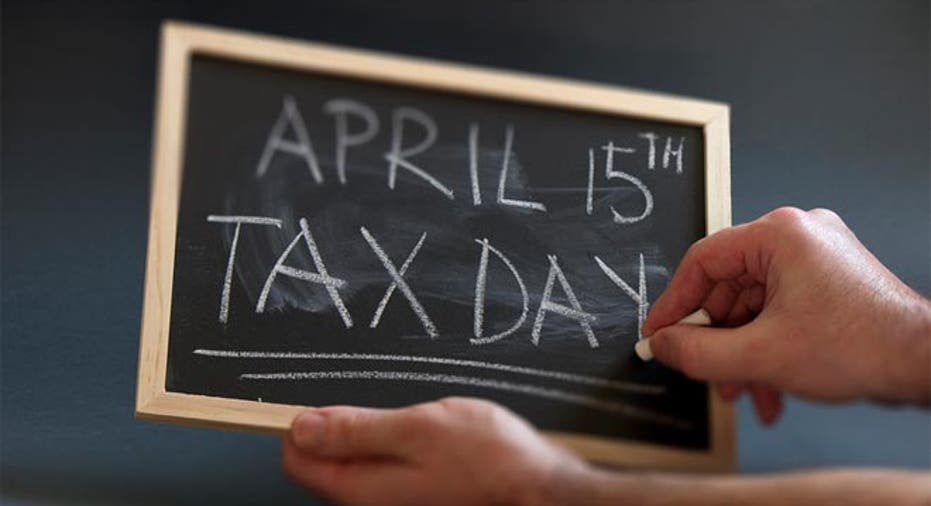What If I Can't Pay My Taxes by April 15?

It's not surprising that many Americans may not be able to pay their taxes by the April 15 deadline, especially since 2014 is the first year for which we will be penalized under ObamaCare, if we don't have health insurance.
But don't panic, says the IRS on its web page. If you can't pay, you should still file by the April 15 deadline. If you don't, you will have to pay a penalty for not filing on time, in addition to extra charges for not paying on time.
Joseph Gil, a certified public accountant and business advisor in Port Washington, N.Y., says it's important to file on time, even if you can't pay by the deadline.
"The IRS will usually abate penalties for non-payment as long as you file on time," said Gil.
Then you can call the IRS at 1-800-829-1040 to discuss your options, one of which is an installment agreement. This option will allow you to break up the amount you owe into monthly payments, spread out over a term you select, up to six years. But any term over one year will require additional documentation. The IRS will typically reduce the penalty from 0.5% of the amount owed to 0.25%, but you'll be charged interest, which has been around 3%, according to Alison Flores, CPA with The Tax Institute at H&R Block in Kansas City, Missouri.
One low-cost option is to request a 120-day deferral. For example, if you're strapped for cash and need some time to liquidate assets, or just another couple of months to save up, there are no payments required up to 120 days. But then the full amount is due, with interest and penalties. So if a taxpayer owes $2,000, the additional cost is $90 in failure-to-pay penalties and interest, so you would owe $2,090 on October 15th, according to H&R Block's Tax Institute.
According to Gil, the cheapest way to deal with a tax bill when you don't have the money is to borrow it from a 401(k). A 401(k) loan allows you to pay it back spread out over time, with interest to yourself. Money can also be borrowed in the form of a home equity loan, in which case the interest is usually deductible, he says.
And thank goodness the IRS takes credit cards. You can always charge your taxes online and at least be done with owing the government. H&R Block's Tax Institute says charging a $2,000 tax bill on an 18% APR credit card would cost an additional $230 in interest and convenience fees, if paid off over 6 months.



















